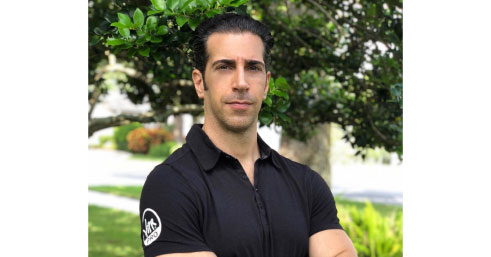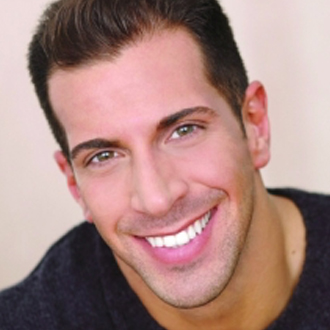“Balance is the key to everything. What we do, think, say, eat, feel, they all require awareness, and through this awareness we can grow.”
— vlogger and spiritual teacher Koi Fresco
We have all heard in some way, shape or form how important “The Other 23 Hours” are — what we are doing outside of our workout window that is contributing to our overall health puzzle. With the experience that I’ve accumulated as a fitness coach, coupled with the battle we all face against Father Time, I have become much more focused on what I am doing outside of the gym walls over the last several years. With this, I’ve been able to coach clients with this same mindset.
To those fitness enthusiasts reading this, helping to guide and coach you is a lot more complicated than figuring out a workout plan. To my fitness colleagues, you know that attempting to help a client requires a lot more effort than giving them a good sweat session.
Nutrition
I have written entire articles on nutrition alone, which validates my point even more so that the non exercise portion of our lives is just as critical and important as getting in a good day of training and burning some calories.
With the abundance of nutritional information floating out in the world today, many would argue that it’s actually more confusing than helpful.
• Should you try intermittent fasting?
• Your family member just went on keto and now he’s telling you that you should do it too.
• Are carbs the enemy?
• Does working out on an empty stomach help burn more fat?
• You read that those who eat plant-based diets have a better quality of life and now you want to try one.
Come on, you know we can list about 1,000 more like this. As a fitness professional and health coach we know all too well the rhetoric that is constantly being thrown around. Then more questions, comments and concerns arise as we try to navigate the best we can.
This is why it is absolutely necessary to have some type of nutritional education and guidance, given all the information, misinformation and trends circulating.
Recovery
When it comes to exercise, we have a structure to get to outcome-based solutions. For example, if someone wanted to build muscle, there is a certain rep range, rest period, number of sets and weight that are required to create this response. The recovery world is much different and much less structured and organized.
Sleep. Cryotherapy. Compression Boots. Stretching. Foam Rolling. Percussion Guns. Passive Vibration. Epson Salt Baths. Ice Baths. Electric Stim. Red Light Therapy. Sauna. Steam Room. Massage. Trigger Point Therapy. Rolfing. Chiropractic Care. Acupuncture. Floating. Swimming & Pool Activities. Restorative Yoga. Meditation. Tai Chi.
These are just a few examples of some popular recovery strategies. And if all of these are good for us, how often should we be doing them? Are any contraindicated based on the individual? Should someone spend more time with a particular method than someone else based on certain markers?
Generally speaking, the older we get the more recovery and self-care we need. That same workout you did at 24 years old will feel a lot different if you try to do it at 44.
Knowing and learning about all the different ways to recover and repair takes time. These methods, like nutrition, are once again necessary when looking at maximizing health.
Stress management
Exercise is a stressor to the body, unless of course you are doing enough passive and/or non-taxing exercise, which is why the recovery portion needs adequate attention.
So if you are already overly stressed, especially given our unique times today, and you throw intense exercise on top of this, which adds stress to the body, is it any wonder why we hear the word “inflammation” so much?
• How do you handle social media distractions?
• Do you have a good nighttime routine that helps aid in sleep quality?
• Do you find the time to decompress after a long day of work?
• Are any breathing techniques implemented into your daily ritual?
We will inevitably come across individuals who like to crush it in the gym, but do very little self-care outside of it. These individuals wonder why they do not feel they are making much progress. Well, we know the answer.
Pieces to the puzzle
Finding time to exercise — whether it be 15 minutes, 30 minutes or an hour — still poses an obstacle to some. However, in the grand scheme of things, carving out the time to move can be considered fairly simple compared to the decisions we need to make for our nutrition, recovery and stress. There is never any one definitive answer to any fitness or health-related topic, which inevitably makes things even more complicated. With the prevalence of “The Other 23 Hours” continuing to become popular, a seasoned and professional health coach knows that it will take a lot more than sets and reps to optimize someone’s health.
Reach Giovanni on Twitter @GiovanniRoselli and at his website, GiovanniRoselli.com.


